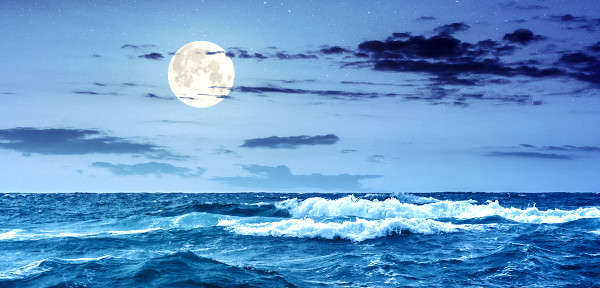
Is it real, or is it a dream?
Is reality real? Do the senses provide reliable information about reality? Can we know reality directly or is true knowledge of reality impossible? These are questions that some ancient, and some modern philosophers have asked.
One very important point is that anyone claiming that knowledge of a “true” reality is impossible is making an absolutely unprovable claim. They are claiming to have absolute and true knowledge that ultimate reality is ultimately unknowable. Well, if it is unknowable how do they know that? Doesn’t the fact that they claim to know something about that reality contradict their claim that it is unknowable?
From the scientific point of view, and philosophy was once viewed as part of science, this is an unfalsifiable claim about reality. A falsifiable claim or theory can be tested by experiment or observation. Any claim that is not, at least in theory, falsifiable is not science (and probably not good philosophy).
My view is that proper philosophy should be based on the principles of science and not contests in imagination untethered to a real world. Science assumes a real world exists. So should philosophy.
Looking at the modern world and all the technology in that world it should be obvious that the human mind is capable of finding out a lot about that reality and using that knowledge to make life a lot more comfortable than it was just a few centuries ago (or even decades – we didn’t have air conditioning when I was a child in the 1950s).
Nevertheless, no one can say that the human mind can know every detail of whatever the “ultimate” reality is. That is to make exactly the same mistake that those who deny our ability to know reality make. We don’t know. It is an adventure and we don’t know what we will know, or when we will know it.
We don’t know if the human mind can come to understand everything about reality at some point in the future. We will know that if at at some point in the distant future we do in fact come to the point of knowing the true nature of reality. But the track record of humanity, and the power of its collective mentality united under the principles of science has a pretty good track record so far.
There is an important phrase I used above, that is, the “collective mentality.” That is what science is all about. One person makes observations and experiments trying to reveal some secret of nature. Then those results and data are open to other scientists to cross check for validity.
Individuals and individual senses can be deceived or simply misinterpret results. Everyone, including scientists, are susceptible to the confirmation bias where we most often look harder for that which supports our beliefs than that which contradicts it. Often it is found the original scientist made a mistake or misunderstood their results.
It is the collective mentality of many eyes looking at the same thing that winnows out those results that actually say something about how the real world works. It is that collective mentality that proves the power of the human senses to come to know reality, at least in part.
Is the world “real”? What do you mean by “real”? How do we know we are not in some variation of “The Matrix” and it is all a dream?
In the above I have argued that we can’t claim to know that reality is unknowable, and on the other hand we can’t claim to know that is ultimately knowable either. How do we know if it is even real?
We don’t know that. All we know is that we are in whatever it is and actual observation should tell us that ignoring the possibility of it being real can be painful. Doubt that? Try this, go play on the freeway in rush hour traffic and let’s see how that works out for you.
Here is my personal conclusion. The world is real enough. It can hurt you if you don’t pay attention.
One last thought – all of those academic philosophers who consider the possibility that reality is not real act as if reality is real in their “real” life. They get paid to profess their skepticism and doubt but know they have to have enough money in their bank account to cover the checks they write in the real world.
Copyright © 2019 Lawrence W. Kennon

